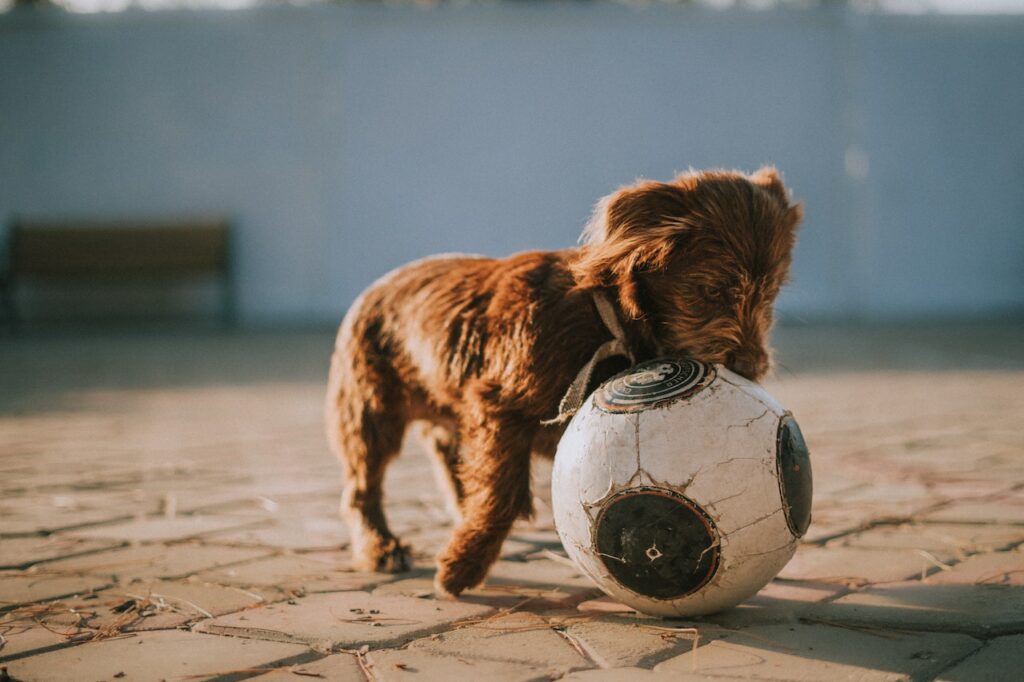Blog
How To Assist A Puppy Who Is Crying In The Crate?
Bringing a new puppy home can be a thrilling and nerve-wracking experience. The first few nights are the most challenging as your puppy is adjusting to the new environment and getting used to their crate. It’s normal for puppies to cry or whine in the crate at night, but it can be distressing for their owners.
Here are some tips on how to help your puppy adjust to the crate and sleeping through the night:
1. Make sure your puppy has enough exercise during the day
Puppies need lots of energy-burning activities like walks, playtime with other dogs, or even just chasing after a ball in your backyard. This will help tire them out before bedtime so they’re more likely to sleep through the night without crying or whining.
2. Potty breaks are important
Give them plenty of potty breaks during the day so they don’t have an accident in their crate at night. Take them outside right before bed and make sure they go potty before being placed in their crate for the night. This will also give you peace of mind that they won’t have an accident while sleeping.
3. Provide the comfort
Make sure your puppy’s crate is comfortable and inviting with blankets, toys, and treats inside so they feel more secure during bedtime. Avoid placing any items that may cause them harm such as electric wires or anything sharp or pointy that could injure them when trying to move around their crate at night or get comfortable while sleeping.
4. Spread some love
Lavish your puppy with love and attention throughout the day and especially before bedtime so they know you are close by even if you aren’t able to be with them all night long in their crate. Give them lots of hugs, cuddles, belly rubs; scratch behind their ears; offer lots of verbal praise; feed them dinner right before bed; maybe throw a treat into their kennel as well – these are all small ways you can show your pup that you care about them and make sure they feel safe when left alone in their kennel overnight.
5. Cut down noise
Provide background noise like calming music or a fan blowing toward their kennel if they seem anxious when getting ready for bed. This will help drown out external noises like nearby cars driving by or other animals nearby that may frighten or scare your pup. Having white noise playing also helps keep things quiet despite small movements inside the kennel from shifting positions throughout the night.
6. Keep your puppy near you
If possible, put your puppy’s kennel near where you sleep – whether in another room, hallway, living room etc.- this way if there are any loud noises late at night it won’t startle them awake as much since it would be muffled by walls/doors between where you sleep vs where they sleep . Having someone close by who loves & cares for them gives puppies an extra sense of security throughout those difficult first few nights away from home/their mother & littermates.
Final Thoughts
When all else fails & nothing is working – take comfort knowing most puppies eventually adjust & grow out of this phase within 1-2 weeks time! Just remember giving up isn’t an option – stay consistent & provide plenty of love & patience towards your pup as he/she gets accustomed to his/her new home!

